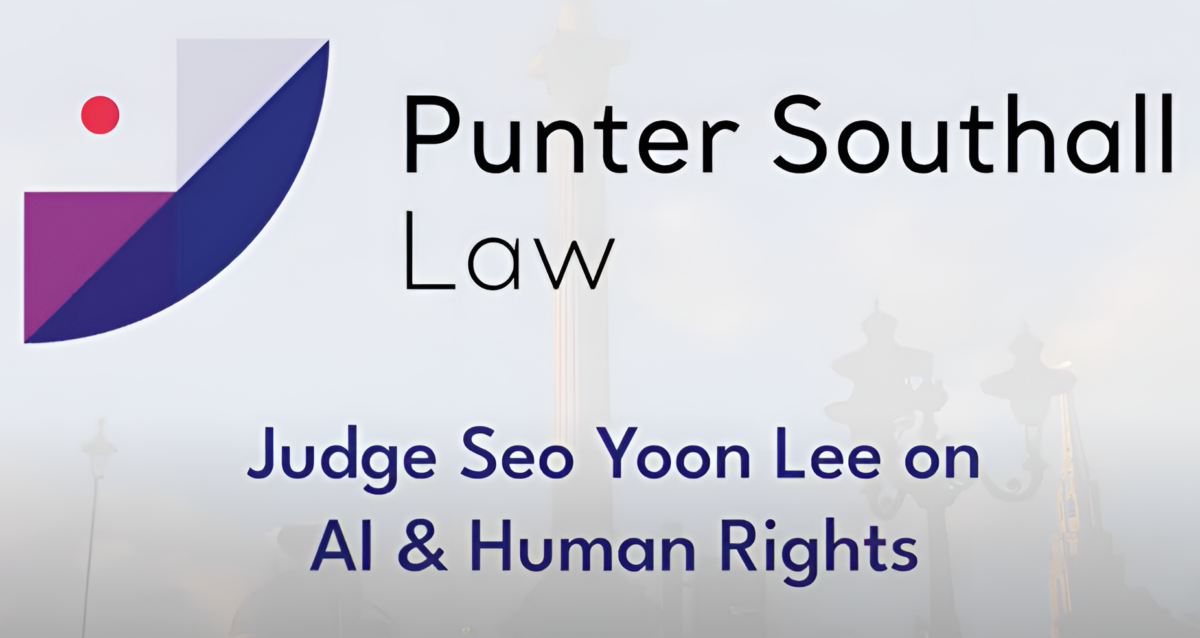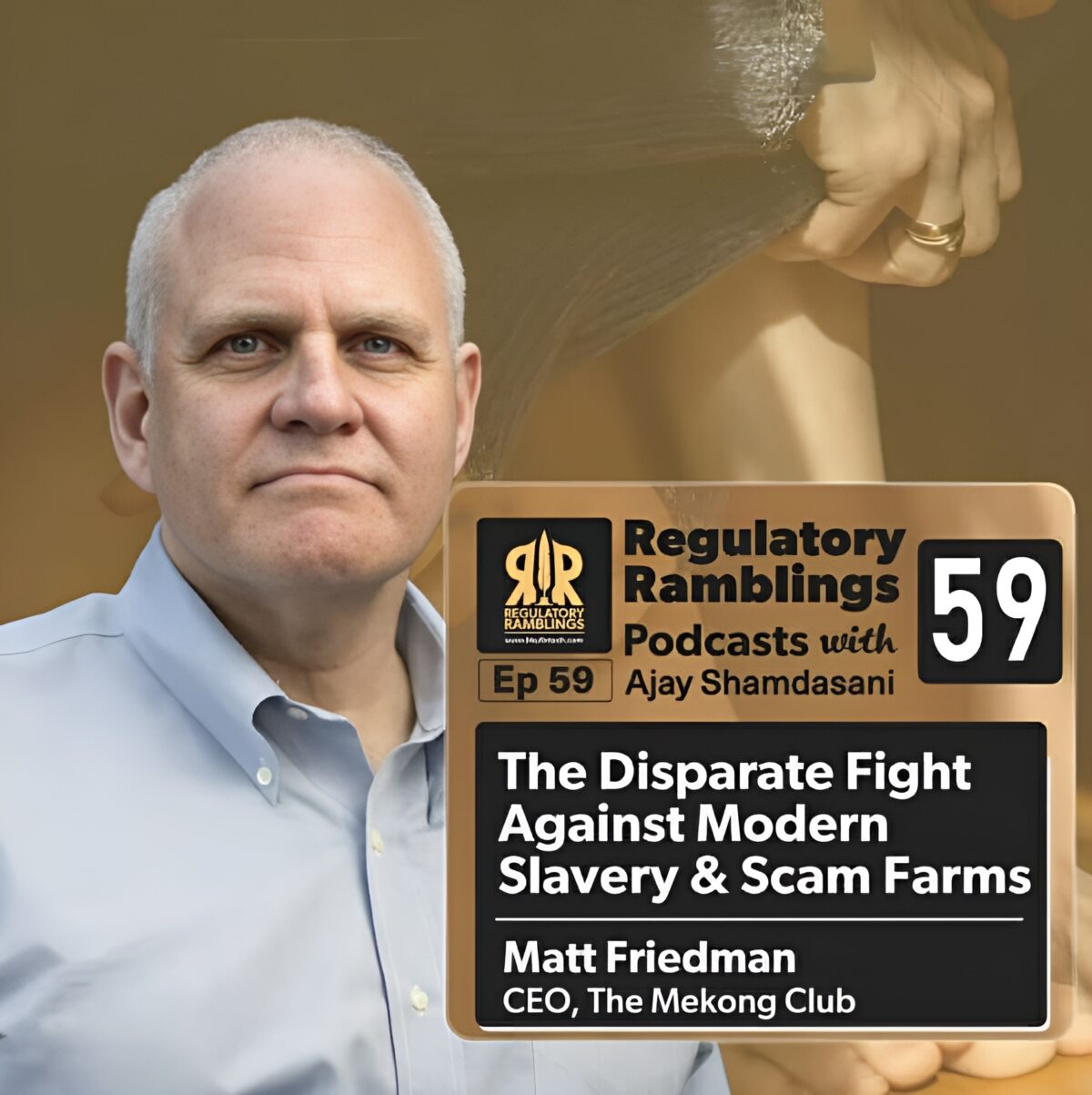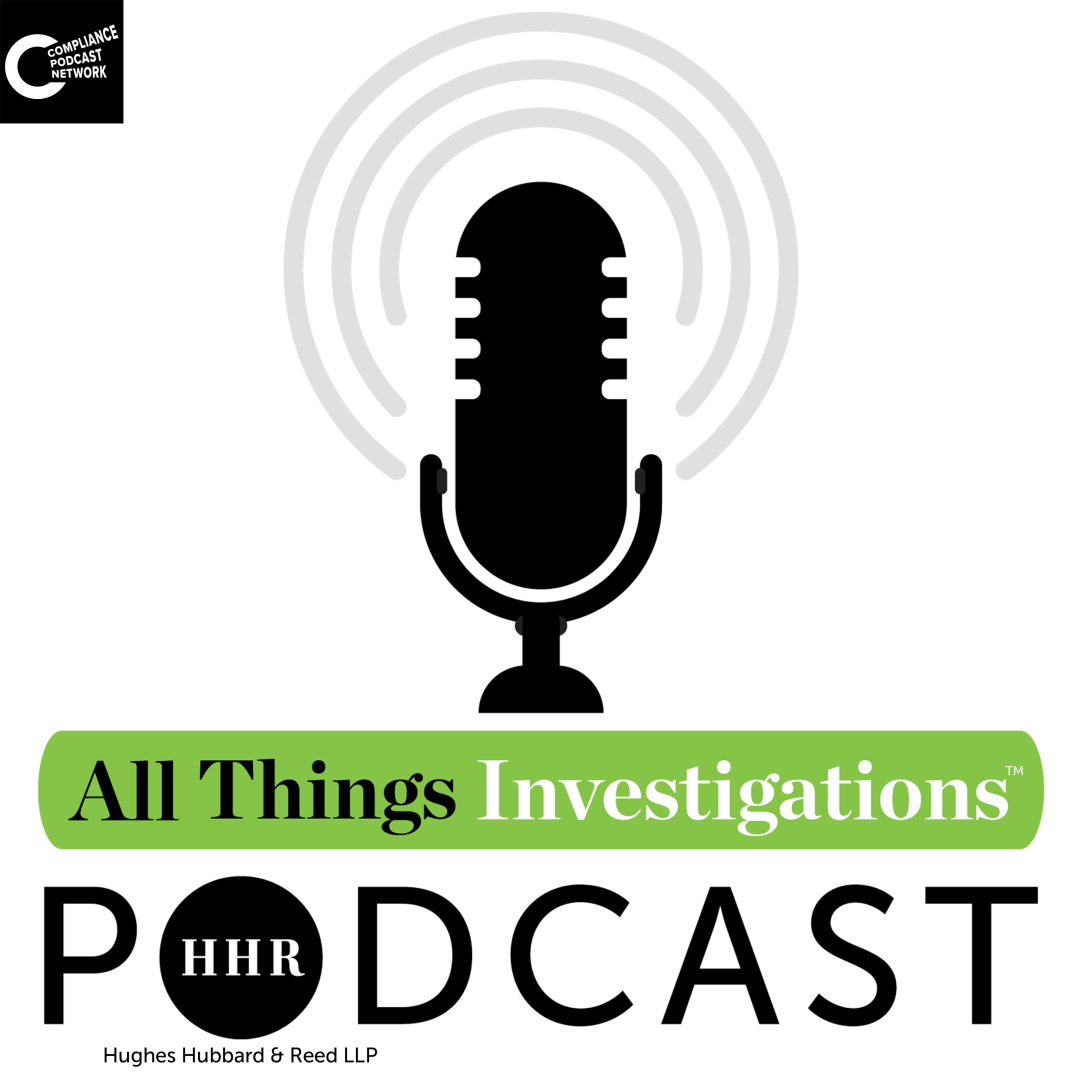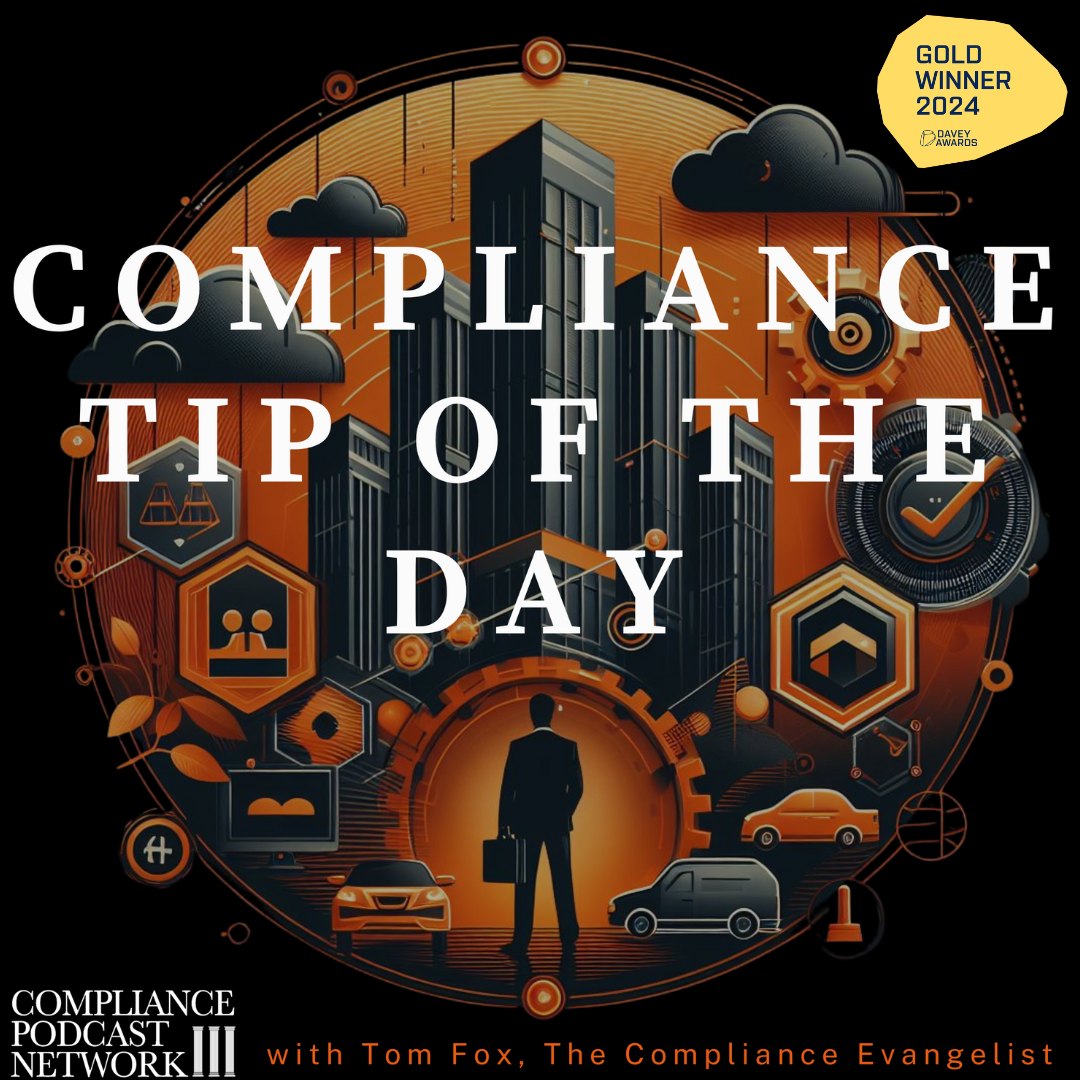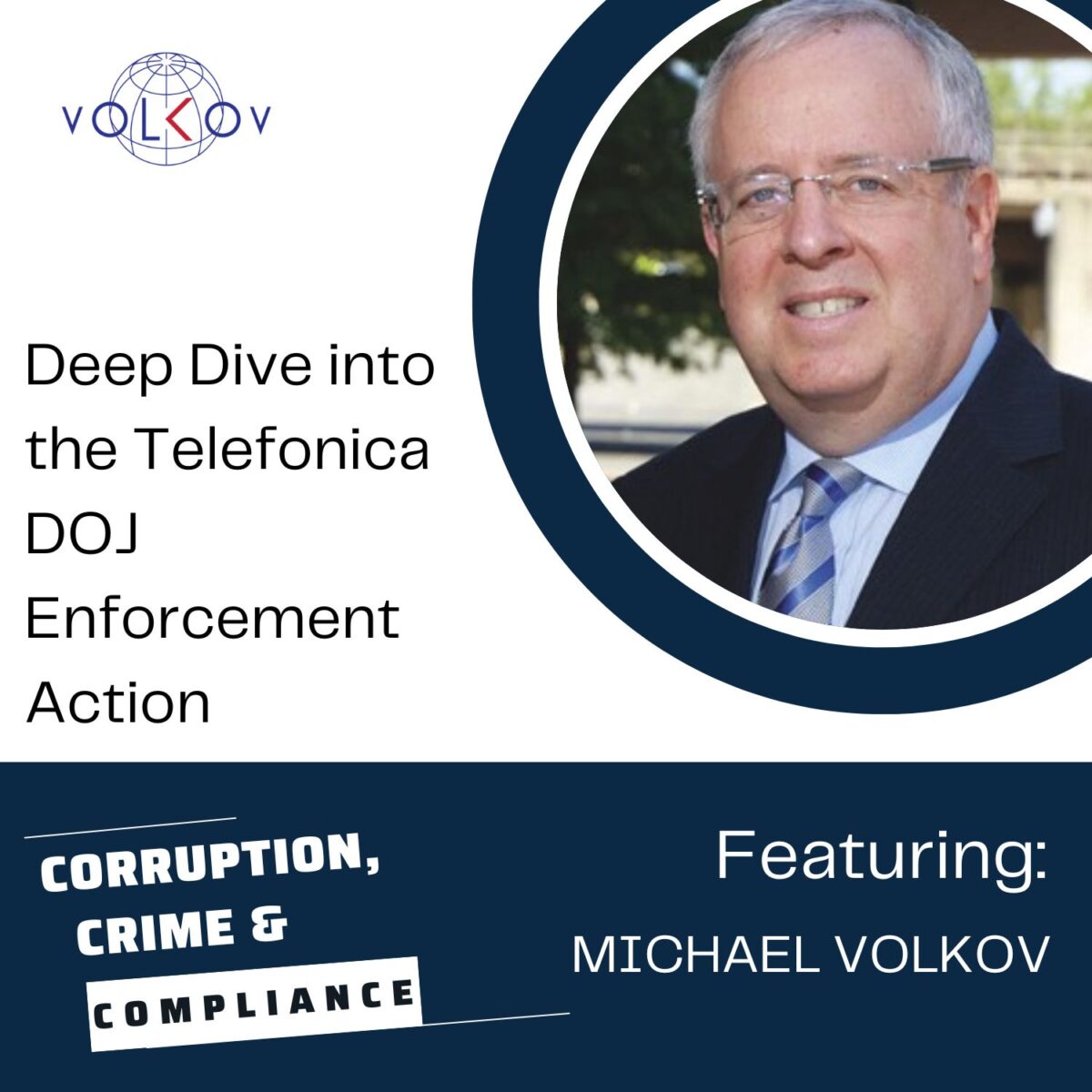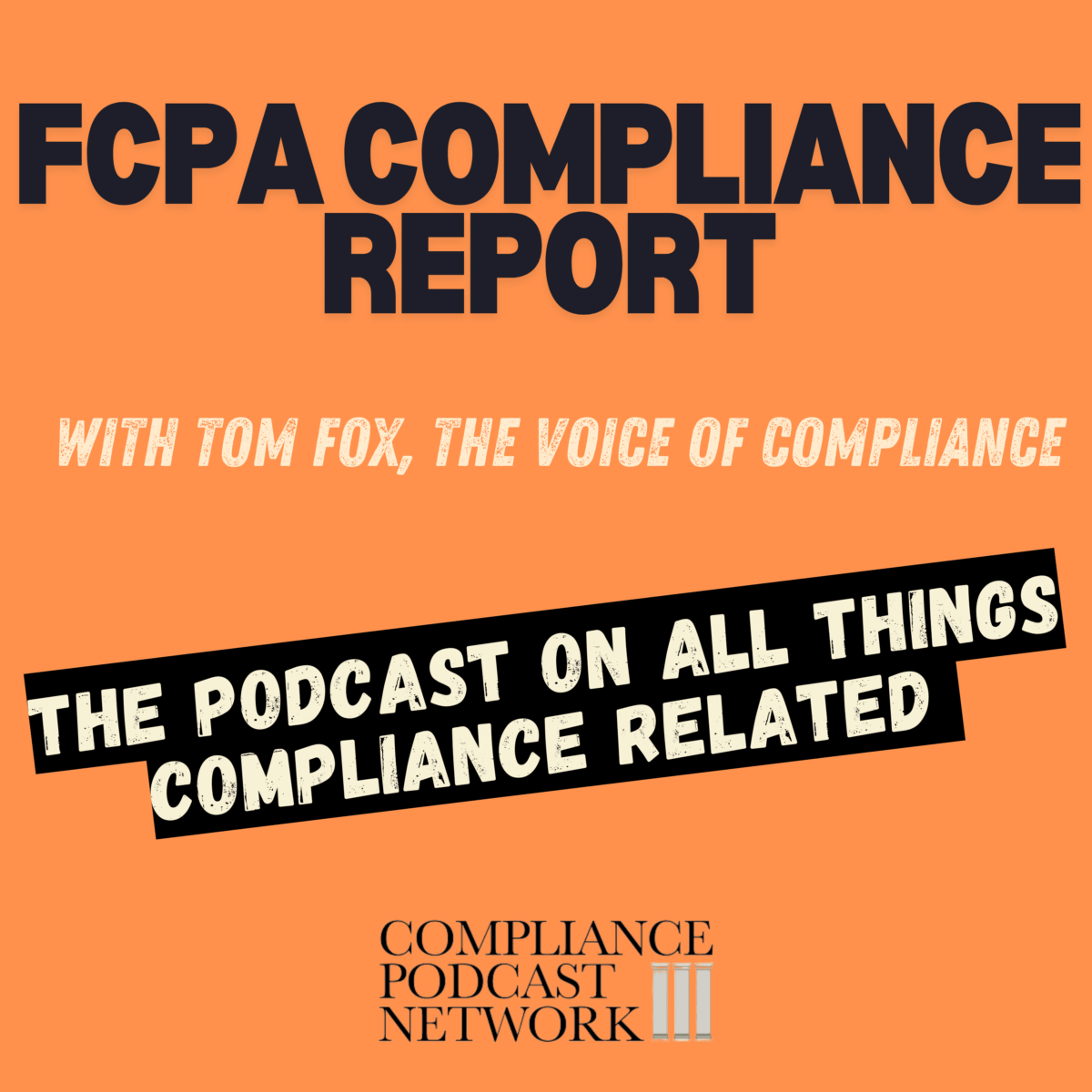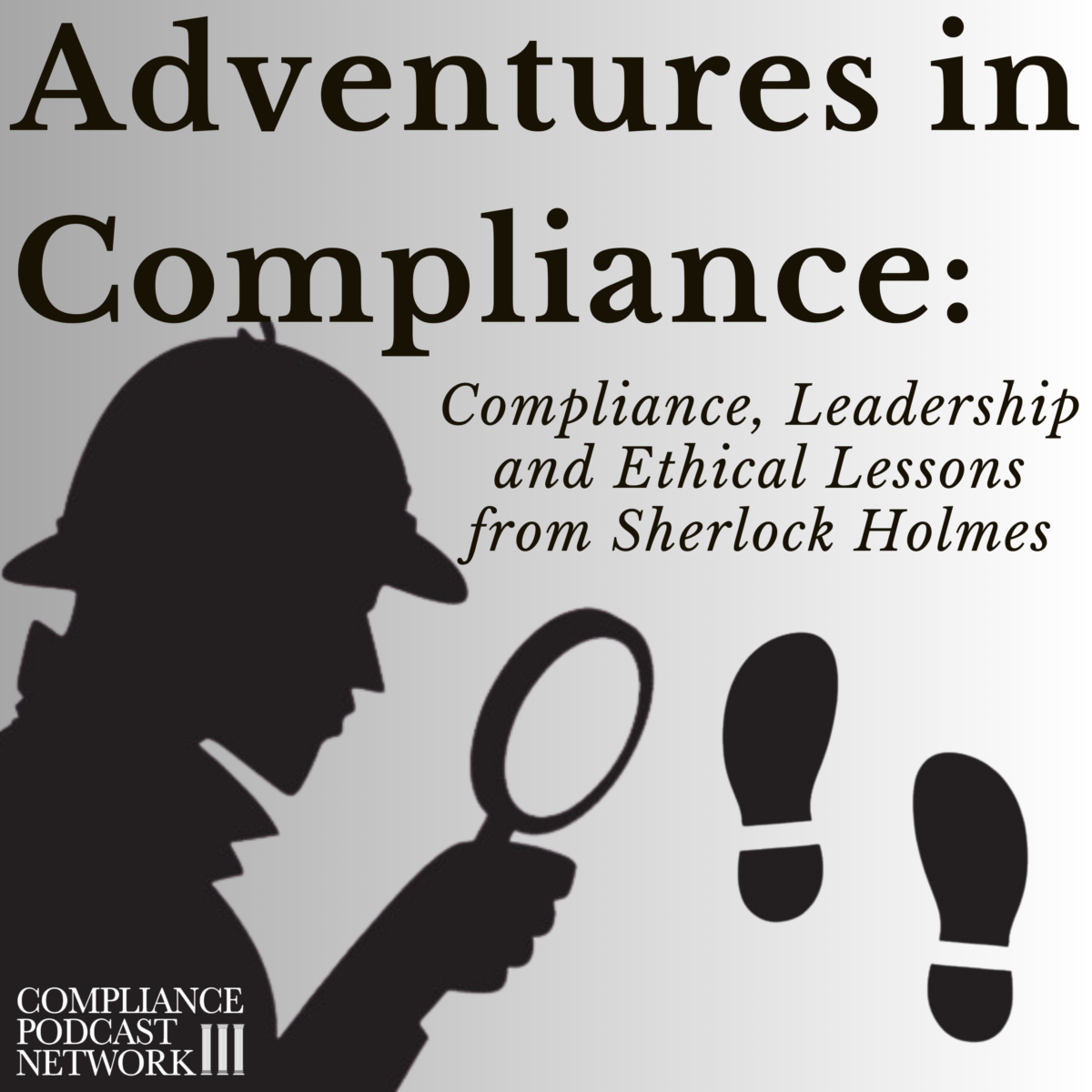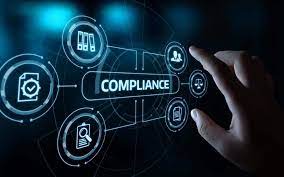Leveraging advanced technologies like artificial intelligence (AI) is no longer a luxury; it is quickly becoming necessary. For compliance professionals, AI offers a transformative tool to enhance program efficiency, improve risk detection, and create a more resilient corporate compliance framework. Over the course of this week, we will explore how AI can elevate a compliance program to meet the DOJ’s 2024 Evaluation of Corporate Compliance Programs (2024 ECCP) standards and provide actionable insights for compliance professionals to consider.
Why AI Matters for Compliance
AI’s value proposition lies in its ability to process vast amounts of data at scale, identify patterns that may be imperceptible to human analysis, and deliver predictive insights that help companies stay ahead of potential issues. In compliance, these capabilities translate into multiple enhancements and improvements for your compliance program.
- Enhanced Risk Assessment and Management
AI-driven tools can analyze diverse datasets, transaction records, third-party due diligence files, and communications logs to identify high-risk behaviors or potential red flags. Machine learning models can adapt to new data inputs, refining their predictive accuracy.
- Improved Monitoring and Auditing
Real-time monitoring systems powered by AI can flag anomalies as they occur, significantly reducing the time between risk emergence and remediation. For instance, detecting a pattern of irregular vendor payments could preempt a Foreign Corrupt Practices Act (FCPA) violation.
Automating repetitive compliance tasks such as document review, policy distribution, or training reminders frees compliance professionals to focus on more strategic, high-value activities.
- Data-Driven Decision-Making
AI tools offer dashboards and visualizations that present compliance data in an actionable format, enabling leadership to make informed decisions based on trends and insights rather than intuition.
AI Applications in a Best Practices Compliance Program
There are several areas where AI can drive value in compliance programs. (We will examine each application in depth over the rest of this week.)
- Third-Party Risk Management
Third-party relationships are the perennial area of compliance risk. AI tools can screen and monitor third parties in real time by aggregating data from public records, news outlets, social media, and proprietary databases. Advanced models can assess the likelihood of misconduct based on historical behavior or regional risk factors, ensuring continuous evaluation rather than a one-time due diligence exercise.
- Employee Behavior Analytics
AI can analyze employee communications for indicators of unethical behavior, such as conflicts of interest, fraud, or harassment. Natural language processing (NLP) models can identify sentiment and tone in emails or chats, flagging potentially concerning exchanges for further review. For instance, an uptick in discussions about side deals or special arrangements might warrant investigating contract negotiations or sales processes. Notably, such tools must be deployed with privacy considerations in mind to avoid overreach.
- Policy and Training Effectiveness
AI can evaluate the effectiveness of compliance training programs by analyzing completion rates, quiz results, and behavioral data. For example, if employees who completed anti-bribery training still show compliance gaps, AI can recommend targeted remedial training or adjustments to the curriculum. AI-powered chatbots can serve as on-demand compliance advisors, providing employees instant guidance on policies or reporting mechanisms.
- Predictive Analytics for Emerging Risks
Emerging risks, such as those tied to geopolitical shifts, new regulations, or technological advancements, can be challenging to anticipate. AI models trained on global datasets can identify trends that signal new risk areas. Analyzing changes in supply chain patterns might reveal vulnerabilities to sanctions or trade compliance issues.
- Continuous Monitoring and Reporting
AI enables continuous monitoring of financial transactions, procurement processes, and operational activities. By setting customized thresholds, companies can use AI to flag activities outside acceptable parameters, triggering alerts for potential violations.
For reporting, AI can automate the generation of compliance dashboards tailored to various stakeholders, whether it be a Board of Directors, regulators, internal auditors, shareholders, or the growing number of other stakeholders for every corporation. All of these offer transparency and accountability across the organization.
Addressing Challenges and Limitations
While AI offers significant potential, it is not a panacea. Compliance professionals must consider several challenges when implementing AI in their programs. Moreover, always remember the human in the loop part of every AI equation.
AI is only as good as the data it processes. Inaccurate, incomplete, or biased data can lead to flawed outcomes. Organizations should invest in data governance frameworks to ensure the integrity and reliability of input data. GIGO (Garbage In, Garbage Out) is just as relevant in 2024 as when I took my first computer course in college.
AI tools must be deployed to respect employee privacy and adhere to applicable data protection laws. Overzealous surveillance could erode trust in the compliance function and run afoul of regulations like the GDPR or CCPA. GIGO also touches on ethical concerns: If you input biased data, the output will be equally biased.
- Black-Box Decision-Making
AI models often operate as “black boxes,” making decisions based on complex algorithms that are difficult to explain. Compliance teams should prioritize transparency by using interpretable AI models and documenting decision-making processes. Regulators are moving to this position; every compliance professional should be moving toward this.
- Integration with Existing Systems
Integrating AI with legacy systems can be a technical and logistical challenge. A phased approach, starting with pilot programs, can help organizations assess feasibility and scalability before full deployment. Start small and test, then move on and up.
Ensuring Alignment with DOJ Expectations
The 2024 ECCP emphasizes the importance of continuous improvement, data-driven risk assessment, and a culture of accountability. AI aligns well with these priorities by enabling dynamic, responsive, transparent compliance processes. Compliance teams should use a variety of tactics to meet DOJ expectations while leveraging AI. The first is almost a compliance by-word: Document Document Document. You should maintain detailed records of how AI tools are used in the compliance program, including the rationale for their implementation and the results achieved.
Ongoing monitoring and reviews are critical to determine the effectiveness of AI-driven tools to ensure they align with compliance goals and adapt to evolving risks. As noted above, the Human in the Loop must always be considered as AI should augment, not replace, human judgment. Compliance officers should use AI insights as a starting point for investigation and decision-making rather than as the final word. Finally, all corporate stakeholders should be engaged through collaboration with IT, legal, and data privacy teams to ensure AI implementation adheres to corporate policies and legal requirements.
Building the Compliance Program of Tomorrow
AI represents a powerful opportunity to elevate compliance programs to new heights. By integrating AI thoughtfully and strategically, companies can not only meet regulatory expectations but also create a proactive, agile compliance function that is well-equipped for future challenges.
As compliance professionals, our role is to guide this transition responsibly. By combining the strengths of human expertise with AI’s analytical capabilities, we can build programs that are reactive, predictive, efficient, and transformative. The bottom line is that compliance is a business process, and AI is the next frontier in making that process both effective and sustainable. Compliance professionals should embrace this frontier with the diligence, creativity, and ethical commitment that define our profession.


